
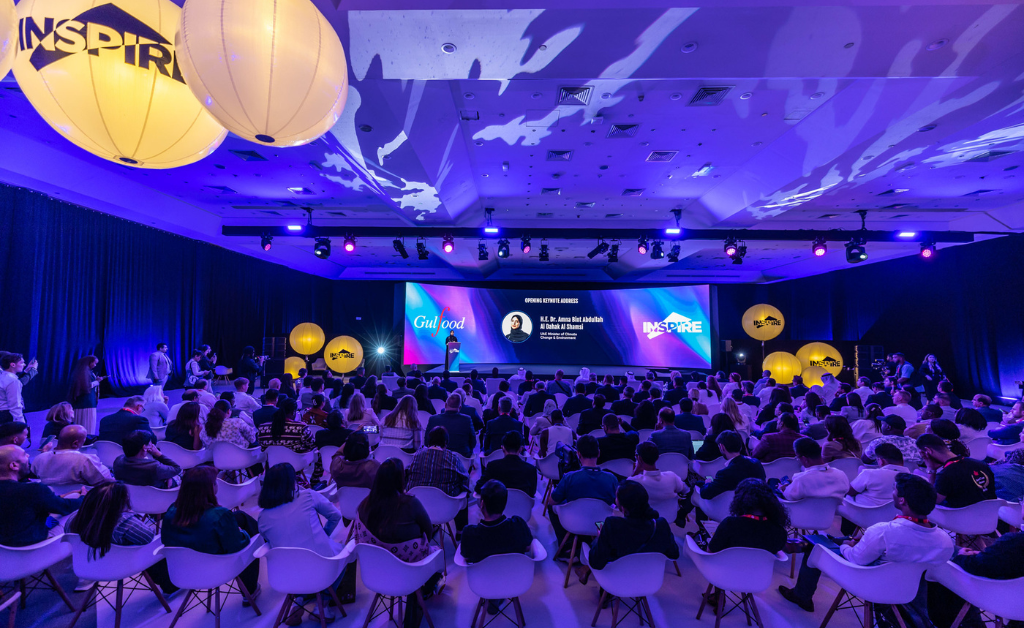


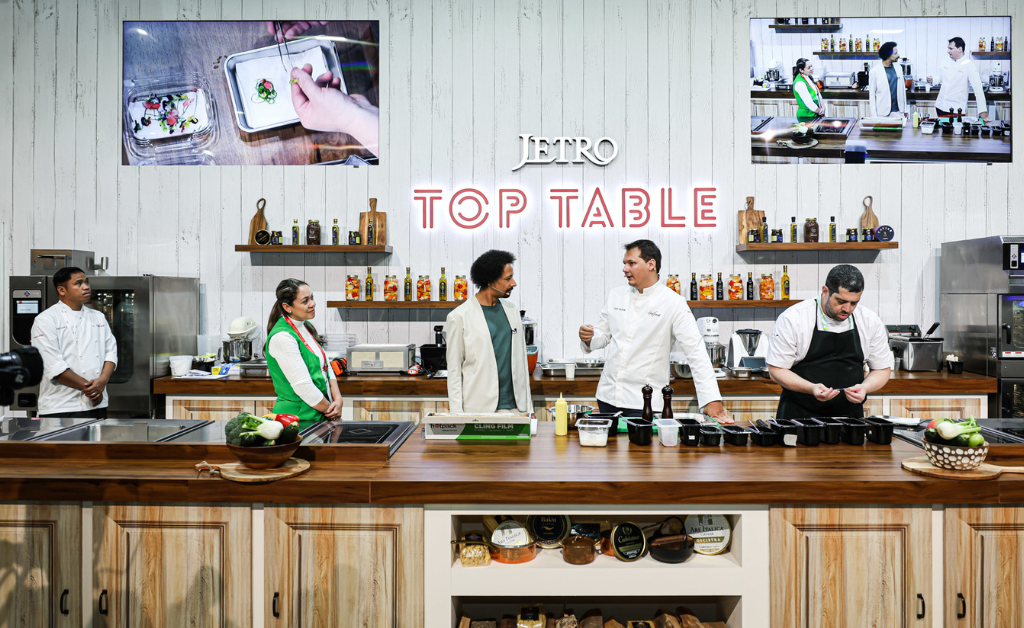
THE WORLD'S BIGGEST ANNUAL F&B EVENT





WHERE THE REAL BUSINESS OF FOOD HAPPENS
A new global chapter has unfolded in the future of food at Gulfood 2024. The biggest edition in Gulfood’s history brought together over 5,500 leading food and beverage companies, showcasing 150,000+ new products from more than 190 countries. The impact of Gulfood transcends the immediate. It has redefined the boundaries of the F&B industry, fostering collaboration, innovation, and a shared vision for a better food future.
TUNE IN TO SEASON 2 OF THE LET'S CHEW PODCAST

THE MOST COMPREHENSIVE
F&B SHOWCASE IN THE WORLD
A BIG CONGRATULATIONS TO THE 2024 GULFOOD INNOVATION AWARD WINNERS



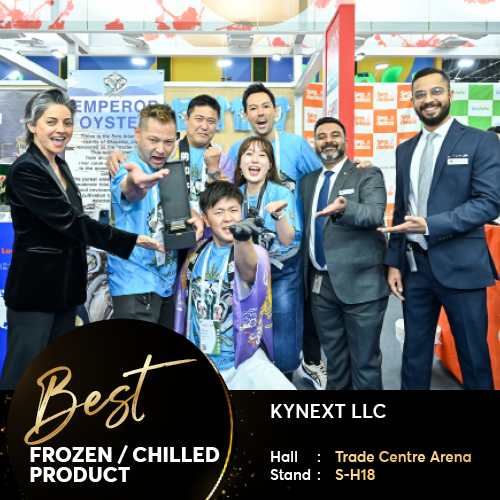
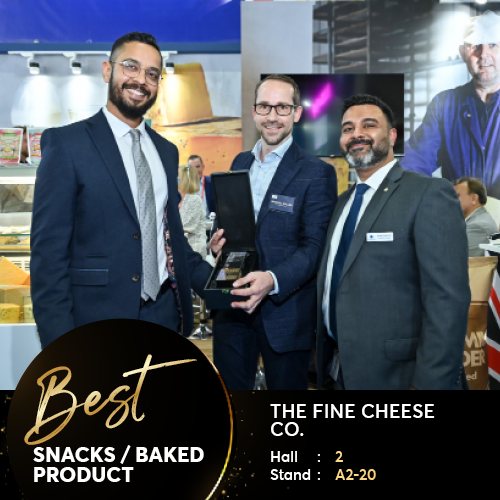

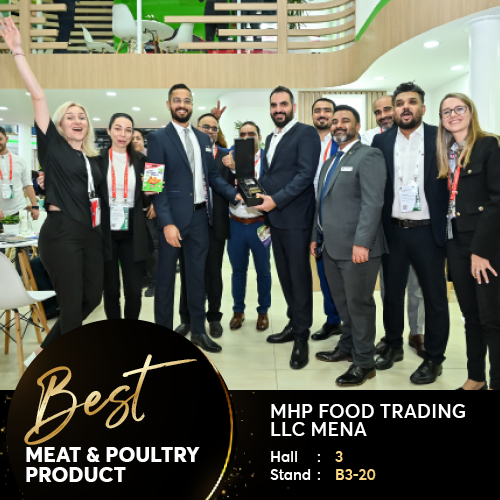


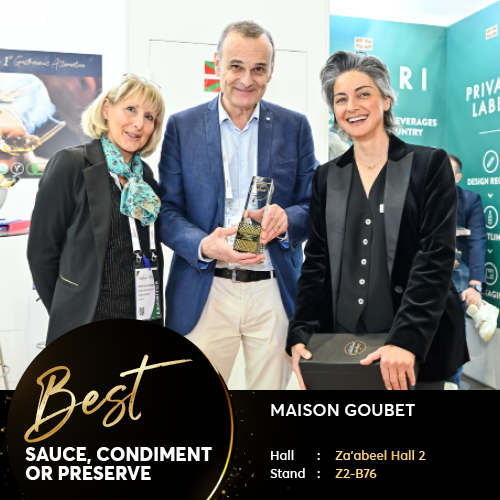
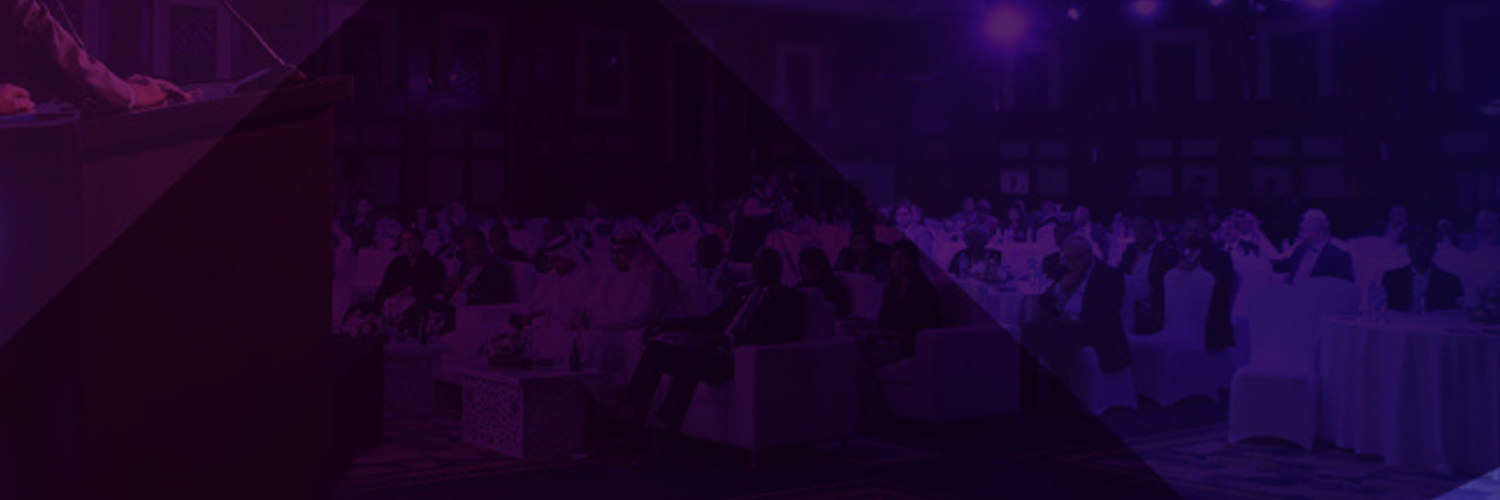
.png)
THE MOST IMPACTFUL, CHANGE-MAKING CONVERSATIONS IN F&B
200+ Global visionaries, government officials, industry leaders, and entrepreneurs took the stage, shared original insights, and sparked collaborations.
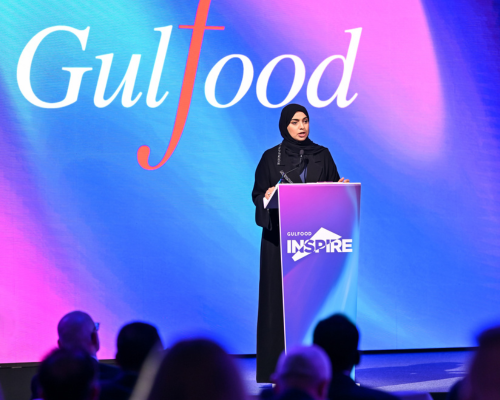
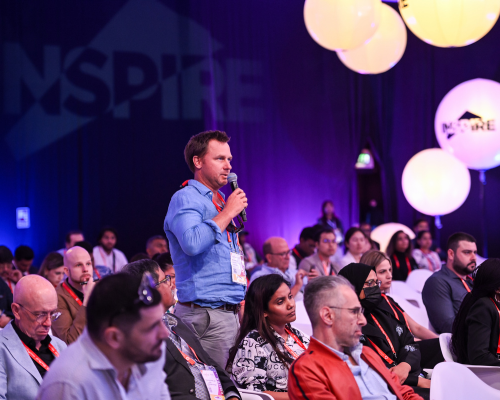
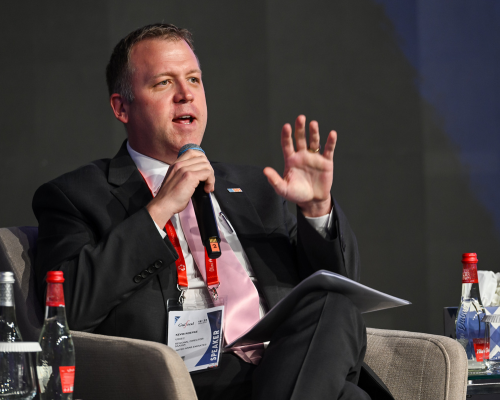
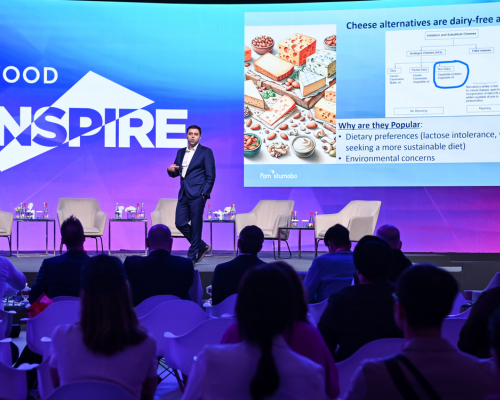
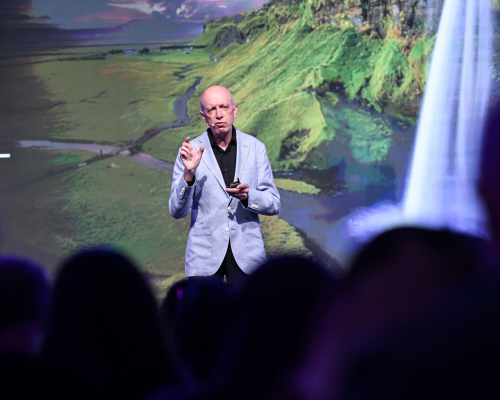
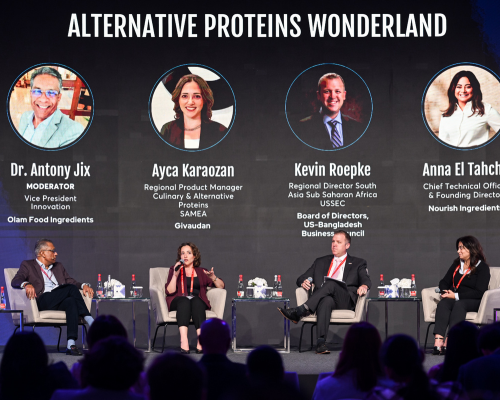
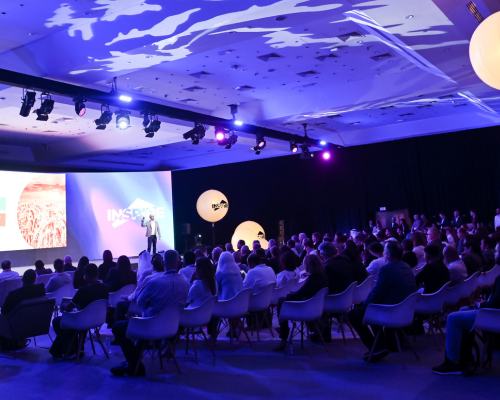
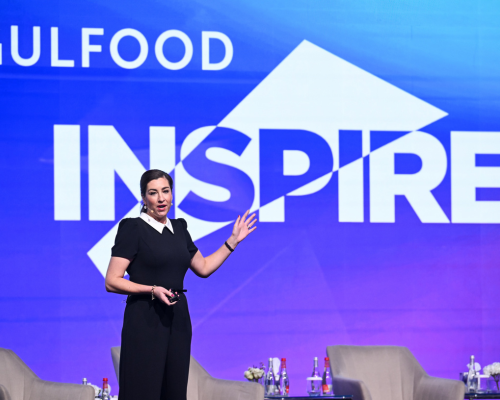
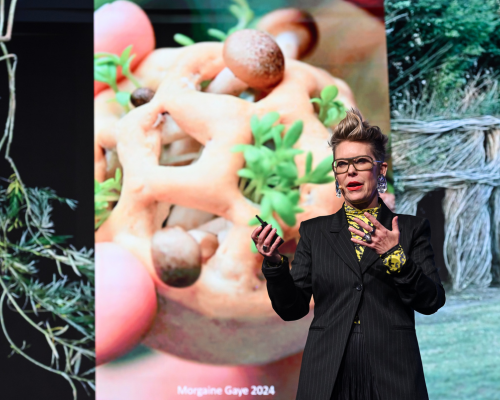
HEAR FROM THE WORLD'S LEADING GLOBAL
FOOD FUTURISTS WHO MADE HISTORY AT GULFOOD


.png)
THE WORLD'S LARGEST LIVE CULINARY SHOWCASE
From live demonstrations and tasting sessions to workshops, knowledge-sharing, and a chance to discover the latest and greatest flavors, trends, and masterpieces set to take the global culinary world by storm, Top Table was filled with excitement and opportunities for culinary enthusiasts.


Global culinary talent united on one electrifying stage at the most thrilling international finals of the
YouthX Young Chef Challenge
.png)
DUBAI WORLD CUISINE
Born in Dubai, presented worldwide: Never before witnessed in
Dubai's gastronomic scene, the extraordinary achievement of a four-hands dinner series
with Michelin Starred chefs was accomplished.

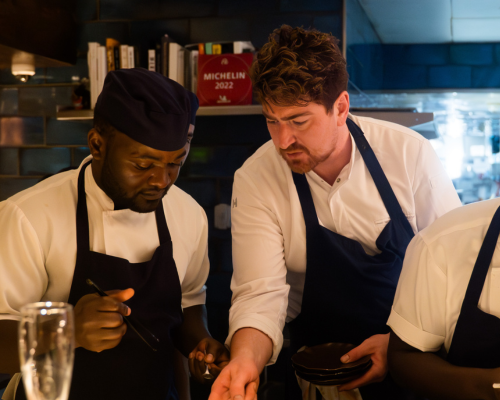
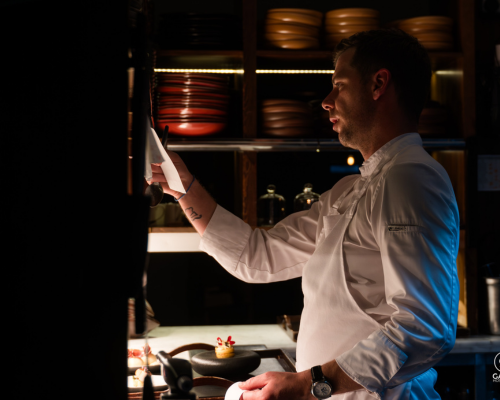

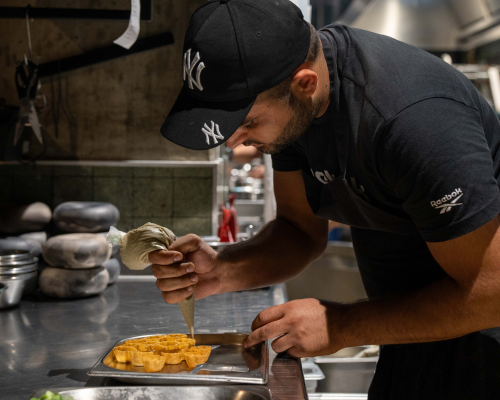
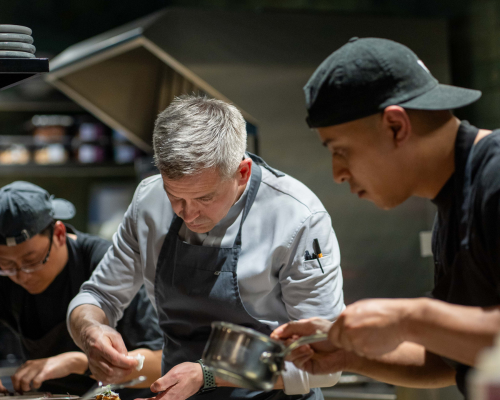

LET'S CHEW PODCAST
THANK YOU TO OUR 2024
SPONSORS AND PARTNERS
